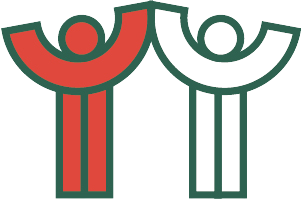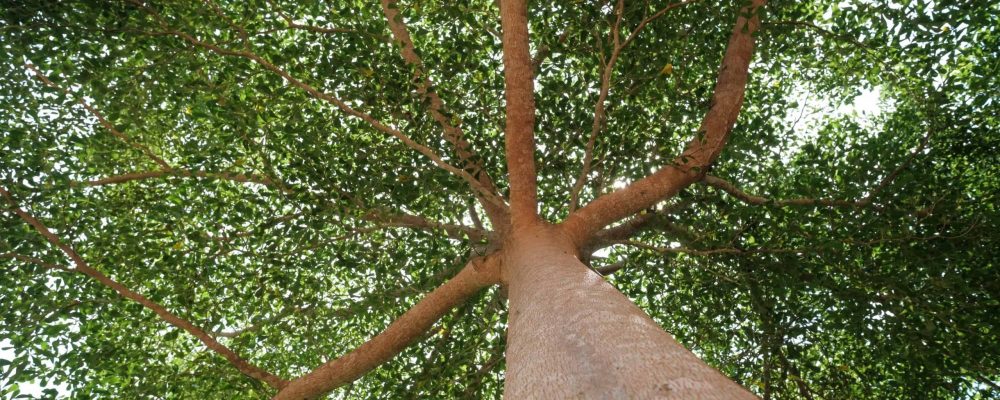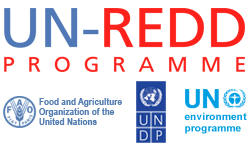

Throughout 2022, the UN-REDD Programme continued to support 18 partner countries in integrating gender equality and women’s empowerment principles within REDD+ action.
This support ranged from integrating gender within REDD+ benefit sharing systems and carbon market readiness efforts, to ensuring women’s active and equitable involvement in REDD+ efforts, including in REDD+ imagery training, value chains and communication campaigns. To illustrate, in an example from Chile, through building capacities at the institutional level, gender and social inclusion have been integrated at the operational level of the ENCCRV and the +Bosques project, including in the design of projects under the Benefit Sharing System (SDB in Spanish). In Costa Rica, gender considerations were comprehensively integrated into ART-TREES standard compliance documentation for emissions reductions and removal credits.
In the Republic of the Congo, a minimum threshold of at least 30 percent women participation rate was set, which, in turn, helped to achieve an almost 50 percent women’s participation rate in a radar imagery training. In Ecuador, 35 percent of the local producers who had their capacities strengthened on commercialization to international markets of their deforestation-free products were women. This active engagement of women in UN-REDD support in 2022 has also shed light on the critical role women can play around sustainable management of forests. To illustrate this, under the support provided in the Lower Mekong region, an interview in Thailand showed that female officers play a significant role in conflict resolution to mediate with local people on forest encroachment in community forests.
At the global level, an internal UN-REDD Seminar on Gender was organized in August 2022 to enhance skills across UN-REDD professionals and to increase gender mainstreaming efforts within UN-REDD TA services. In total, 58 UN-REDD staff members (18 men and 40 women) joined. This seminar was instrumental in identifying key gender gaps and needs as well as various recommendations for planning, monitoring, reporting and communication on gender mainstreaming. Based on the feedback obtained, the UN-REDD Gender Team5 reviewed and revised its support and work plan for 2023 in order to address the gaps, needs and recommendations identified.
Furthermore, in 2022, UN-REDD also developed a new tool6 (available in English, French and Spanish) in order to help i) measure men’s and women’s participation in workshops/events/trainings, ii) track the quality and effectiveness of their participation, and iii) assess how often their ideas or proposals are accepted or adopted in a given meeting or workshop. To help create a common location for and compile resources related to gender and forestry, UN-REDD also developed a new Gender and Forestry Resources Library. It contains a growing collection of both UN-REDD and non-UN-REDD gender and forestry resources ranging from country specific examples and technical papers to infographics and scientific papers.

